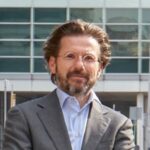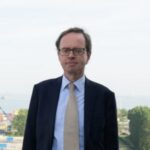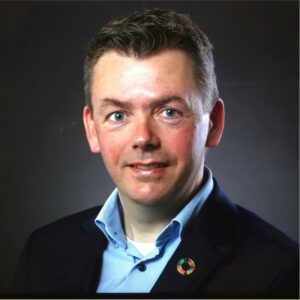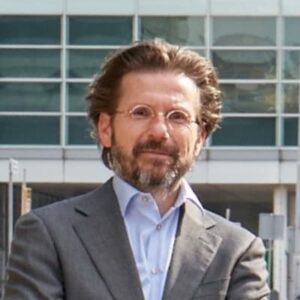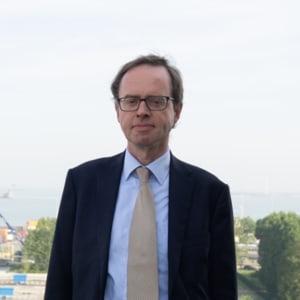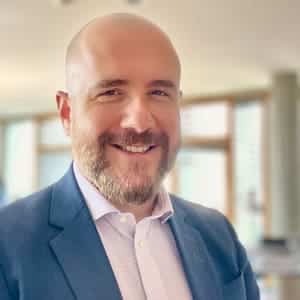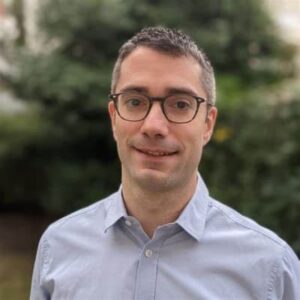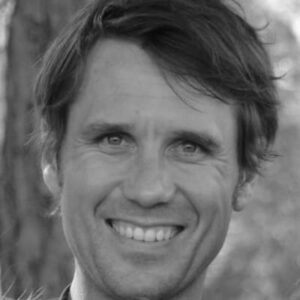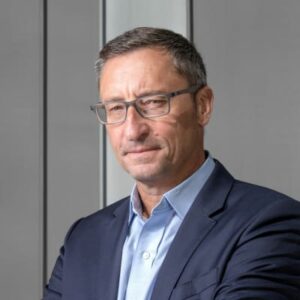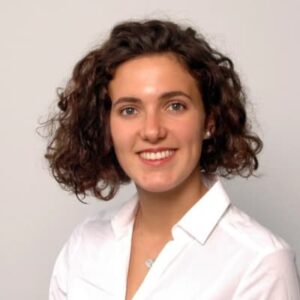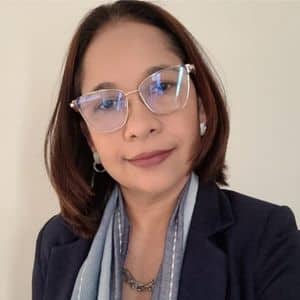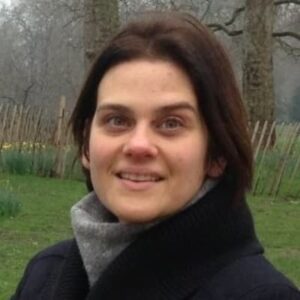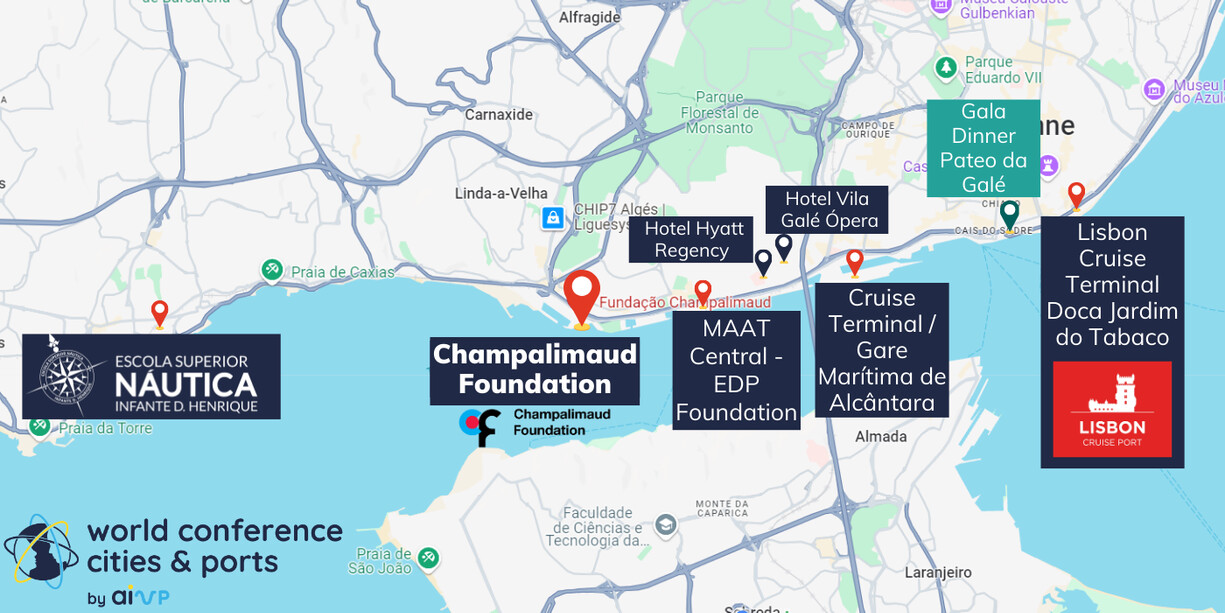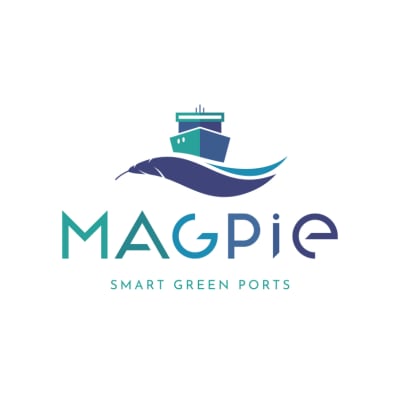The global consensus stresses the importance of a just green transition, highlighted during COP 28 in Dubai, emphasizing solidarity with climate-affected nations. Immediate action is crucial to reduce carbon emissions, exemplified by initiatives like “green corridors” for clean ships in ports. Leaders are concerned about the societal impact of new technologies, particularly in port cities central to globalization, where citizens support decarbonization but fear job loss and inflation. Collaboration among port-city stakeholders is essential green industry development, crucial for future prosperity.
Innovations like alternative fuels and resource-sharing facilitate less polluting solutions, driving the “green and intelligent port” revolution backed by projects like MAGPIE, which are carried out by AIVP members. In this parallel track we will discuss the “green, just, and intelligent” transition in port cities, emphasizing the need to open up our docks to new ideas and new ways of working.
Rapporteurs: Michele Acciaro – Copenhagen Business School, Denmark & Zenaida Mourao – INESC Tec, Portugal
[14:15-14:25] Introduction & Valorisation of the AIVP Green Corridors Publication
[14:25-15:25] Roundtable
How is the European Green Deal being implemented in ports and what are the challenges for the governance of the energy transition?
• Port of Rotterdam, Netherlands / MAGPIE project
• Port of Antwerp-Bruges, Belgium / PIONEERS project
• Port of Sines, Portugal
• EDP, Portugal – tbc
[15:25-15:55] Coffee Break
[15:55-16:45] Solution Hub
How can renewable energy technologies be integrated into ports and their existing infrastructures?
• Legendre Group, France
• SolarinBlue, France
• Wattway, France
[16:45-16:55] Keynote
What is the role of cities in the energy transition?
• C40 Cities Climate Leadership Group
[17:00-17:45] Social acceptance & spatial impact of the energy transition workshop
The workshop will start with a short introduction explaining the importance of social acceptance of energy transition tools and understanding the spatial impacts they can have. After, the audience will be split into groups and participate in a game/workshop to voice their opinions on different solutions and what benefits and challenges they may have in regards to social acceptance and spatial impact.
• Erasmus University Rotterdam, Netherlands
Optional: [17:45-] Visit to the EDP museum – tbc


